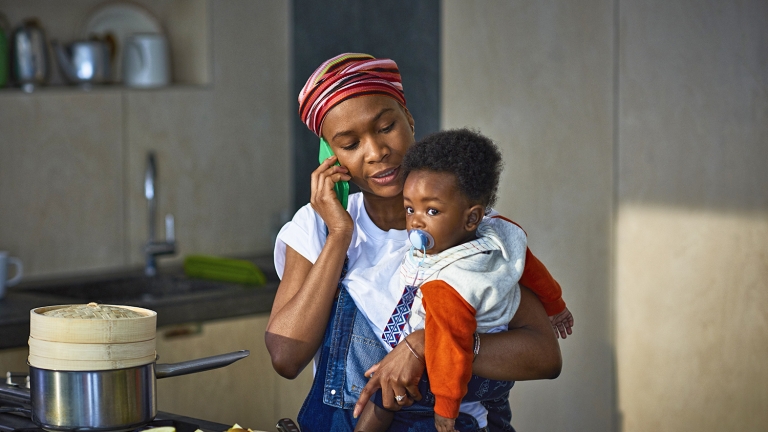The NYC Childcare Crisis
Understand the childcare crisis, its root causes, and the costs of lack of access to care on households, businesses, and the economy at large.

At The Childcare Innovation Lab, we strive to build a more vibrant and inclusive economy by making NYC a leader in the future of care and home to a thriving childcare innovation sector.
Childcare is an urgent economic challenge and a market ripe for innovation. Without adequate childcare, parental—especially maternal—employment is stunted, businesses suffer, and economic growth is dampened.
We’re calling on policymakers, businesses, and innovators to own the childcare crisis and take action—to reimagine a future of care that is designed to meet the diverse needs of families. By making key investments in creative care models, market-based solutions, and public-private partnerships that expand access to care, we can change childcare paradigms in NYC and beyond.
Take Action
Understand the childcare crisis, its root causes, and the costs of lack of access to care on households, businesses, and the economy at large.
Learn how you can support your employees with childcare needs and how public-private partnerships can advance a wider childcare agenda.
Learn about innovators creating novel products, services and tools that offer childcare solutions for employers, municipalities, and families.
Lack of accessible, affordable, quality childcare that parallels work hours has long impacted the economic wellbeing of households, businesses, and the economy at large. And the pandemic pushed an already fragile childcare system to the brink of collapse, making childcare further inaccessible to many.

Making the Case for Childcare at the Core of Economic Recovery in NYC.
Read Our ReportThe childcare crisis is a market failure: Parents are spending a large portion of their income on care, but this is still not enough to cover the costs of care. As a result, childcare businesses have low or no profit margins—which leads to low wages for staff, insufficient seats for children, and inconsistent quality. Here’s what policymakers can do to address the root of the crisis.
The amount lost each year by US employers pre-pandemic due the impacts of childcare challenges.
For employers, high-quality childcare is a smart investment. It supports the workforce of today, while laying foundations for the success of the future workforce. New family-friendly policies improve key business metrics such as talent attraction, retention, productivity, and diversity—all of which are affected by access to childcare (or lack thereof).
Our Childcare Toolkit for NYC Employers, "Toward a Working Future,” outlines concrete ways employers can support caregiver employees by deploying a childcare strategy that is employee-centered, data- driven, innovative, customizable, and that has a clear ROI.

The Childcare Innovation Lab, in partnership with famtech.org, helps support a new generation of entrepreneurs developing care solutions that pave the way toward a new paradigm for family life.
The size of the care economy market.
The care economy is a $648B market that will continue to expand as demand for care services grows. Families face increased pressure to negotiate work and care demands and are seeking novel solutions that not only help them survive but enable them to thrive.
While expanding accessible formal care for infants and toddlers is a critical piece of the puzzle that we support, the K-12 model of six hours of care a day cannot fully meet the diverse needs of caregivers. There remains an immense need to create care solutions that parallel the full-time, year-round realities of the labor force. In other words, while policy is essential, it is not enough.
A new generation of products and services will enable caregivers to participate in a year-round, full-time labor force, pursue workforce development training towards better jobs, improve mental health and achieve multi-generational economic mobility all while improving economic outcomes for businesses and society at large. We look forward to working with entrepreneurs acting on this immense opportunity to imagine and pave the way toward a different future of care.
Interested in joining the Innovation Network? Attending future programming? Building public/private partnerships?
Related News